How to Recover from Burnout Naturally: Lifestyle Tips & Herbal Support
Burnout has become an all-too-common experience in today’s fast-paced world. Whether caused by chronic stress, overwork, or emotional exhaustion, burnout can impact everything from your energy levels and mood to your immune system and overall well-being. The good news? Recovery is possible—and you can support the process naturally through lifestyle changes and gentle herbal allies.
In this article, we’ll explore what burnout is, how to begin healing, and which herbs can help support your nervous system, energy balance, and emotional resilience.
🌿 What Is Burnout?
Burnout is a state of physical, emotional, and mental exhaustion caused by prolonged or repeated stress. This can feel like:
- Persistent fatigue
- Lack of motivation
- Trouble sleeping
- Increased irritability
- Foggy thinking
- Feelings of detachment or hopelessness
When burnout is left unaddressed, it can begin to affect other aspects of your health and well-being. That’s why it’s so important to listen with care to what your body is telling you and take gentle steps toward a more balanced life.
🧘♀️ How to Recover from Burnout: Lifestyle Tips
1. Prioritize Rest and Recovery
Give yourself full permission to slow down. Rest is not a luxury—it’s essential. Aim for 7–9 hours of quality sleep each night, and allow room for small, restorative pauses throughout your day. Gentle naps, quiet nature walks, and moments of stillness all help soothe the nervous system and support healing. Release any guilt tied to resting—your body isn’t being lazy, it’s working hard to restore balance. Rest refills your cup so you can fully show up for life, with energy, presence, and joy.
2. Create Healthy Boundaries
Learning to say “no” is powerful. This includes saying no to others—and also to your own patterns that may no longer serve you. Limit overcommitting, reduce screen time, and protect your energy by honoring your limits. That might mean stepping back from the news cycle, unfollowing accounts that leave you feeling drained, or creating digital-free time each day. Saying no is an act of self-respect and self-care.
3. Move Your Body Gently
Engage in supportive movement like yoga, stretching, walking, or dancing. Movement increases circulation, improves mood, and supports stress recovery without overexertion.
4. Nourish the Body
Focus on whole, nutrient-dense foods that nourish your body and support healing. Healthy fats, complete proteins, leafy greens, and colorful vegetables help fuel your mind and body. Nutritional support can help maintain energy, balance blood sugar, and support key systems like the thyroid, adrenal glands, and nervous system. Avoid excessive caffeine and sugar, which may contribute to energy crashes and increased stress.
5. Reconnect with Joy
Burnout often disconnects us from the things that bring us light. Reclaim joy by making space for simple pleasures. This might look like getting lost in a favorite book, creating art, playing music, or nurturing a hobby that makes your heart feel full. Spend quality time with people you care about, cuddle your pets, take walks in nature, or enjoy a quiet moment with a cup of your favorite tea.
Even small joys—like dancing in the kitchen, baking something sweet, or savoring a treat you love—can spark moments of happiness and help you feel more grounded. These seemingly small acts nourish your spirit and gently remind you of the beauty that still surrounds you.
🌱 Herbal Allies for Burnout Recovery
Certain herbs can gently support the body and mind during burnout recovery. While they aren’t a cure-all, they can help restore balance and resilience over time.*
✨ Ashwagandha (Withania somnifera)
A calming adaptogen traditionally used to support the body’s response to stress and promote energy and endurance. Ashwagandha may help ease occasional feelings of anxiousness and fatigue.
🌿 Holy Basil (Tulsi)
Revered in Ayurvedic tradition, holy basil supports emotional well-being and a healthy stress response. It may also promote mental clarity and uplift the mood.
🌾 Milky Oat Tops (Avena sativa)
Known for their gentle, nourishing effects on the nervous system, milky oats support calm, restful energy and are ideal during recovery from prolonged stress.
🍄 Reishi Mushroom (Ganoderma lucidum)
This adaptogenic mushroom may support immune function, promote a sense of calm, and help the body adapt to occasional physical and emotional stress.
💛 Lemon Balm (Melissa officinalis)
Lemon balm supports relaxation, emotional balance, and cognitive function. It’s especially helpful if burnout is accompanied by restlessness or sleeplessness.
🌼 A Gentle Daily Burnout Recovery Routine
Burnout recovery doesn’t require perfection—it’s about creating small moments of care that nourish your body and spirit. Let your routine feel soft and supportive, not rigid. Here’s a gentle daily rhythm to help you feel more grounded:
Morning: Begin your day slowly with a grounding adaptogen tea or tincture (like ashwagandha or tulsi). Take a few deep breaths, stretch gently, and if possible, sit in the morning sun for a few minutes.
Midday: Take a 10-minute walk and really notice your surroundings—look at flowers, listen to birds, feel the breeze. Step away from screens, sip lemon-infused water or a calming tea like lemon balm, and give yourself permission to pause.
Evening: Unwind with a warm cup of oat straw or reishi tea. Turn off screens at least an hour before bed, and enjoy a few minutes of stillness or journaling. Let your evening be a time of gentle restoration, free from guilt or pressure.
Let things unfold naturally—burnout recovery is not a race. It’s a return to yourself, one nurturing breath at a time.
🌟 Final Thoughts: Healing Is a Journey
Burnout doesn’t disappear overnight—but with rest, intention, and herbal support, your body and mind can gradually return to balance. Be gentle with yourself, honor where you are, and celebrate small wins along the way.
*These statements have not been evaluated by the Food and Drug Administration. This article is not intended to diagnose, treat, cure, or prevent any disease, and is not a substitute for professional medical advice or care.




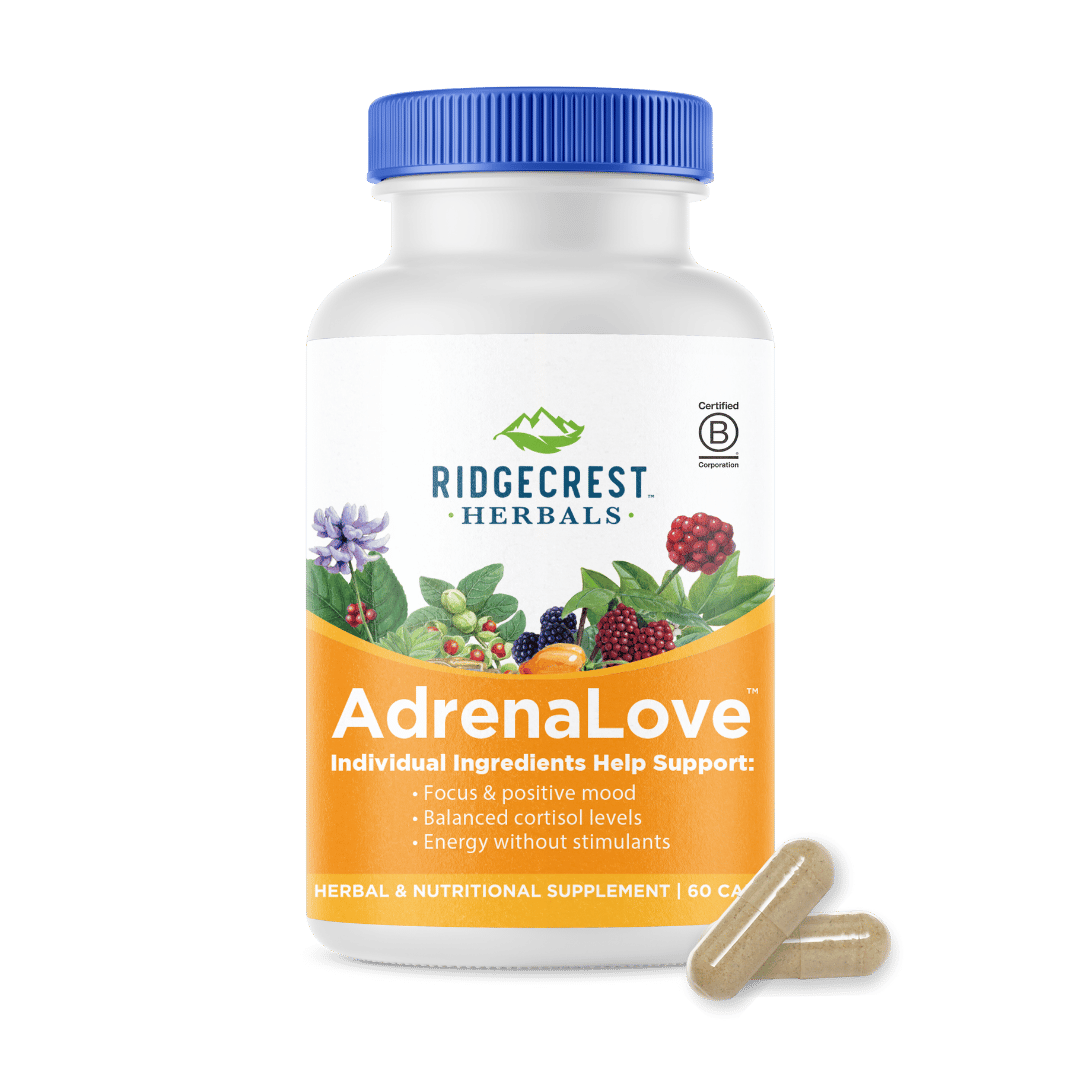
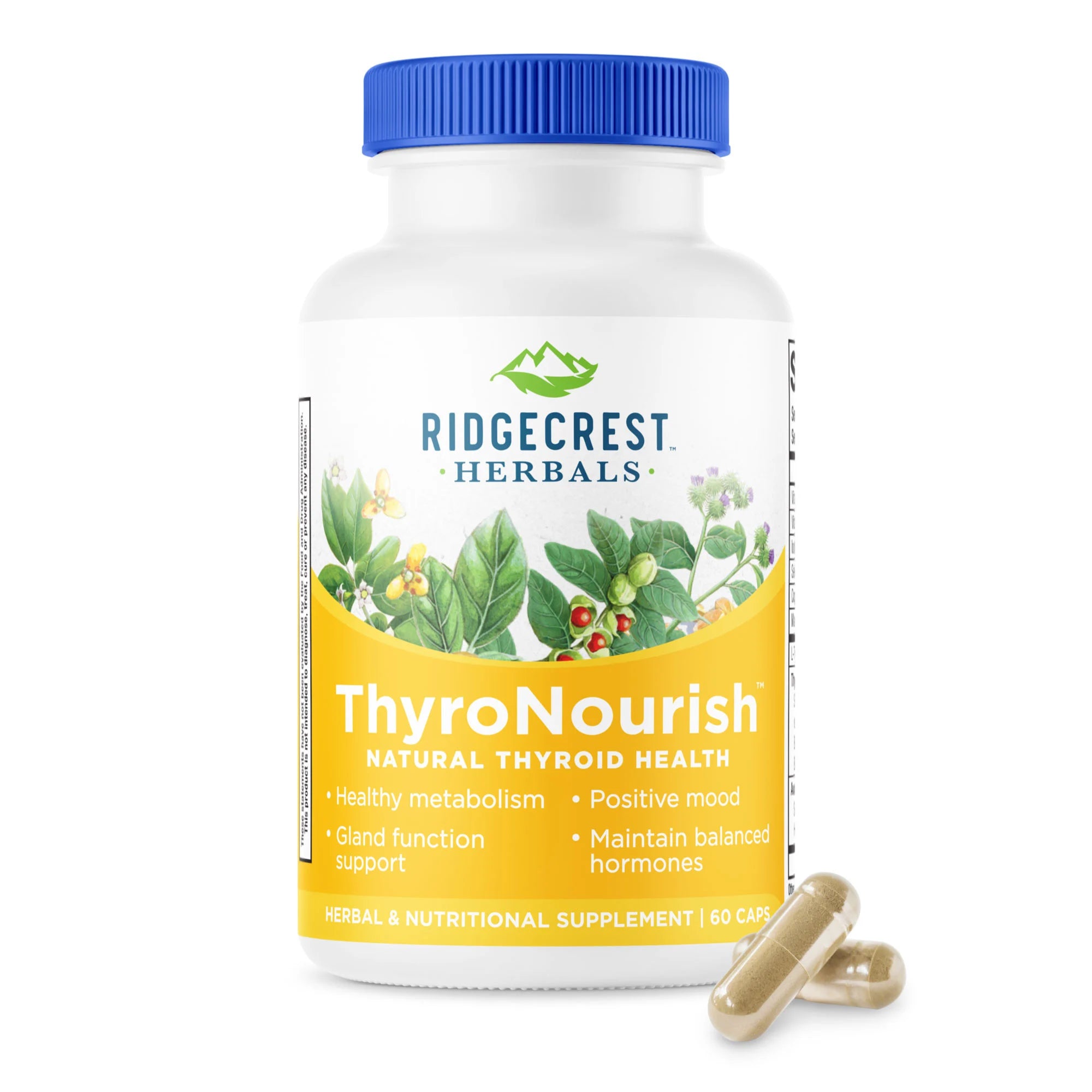
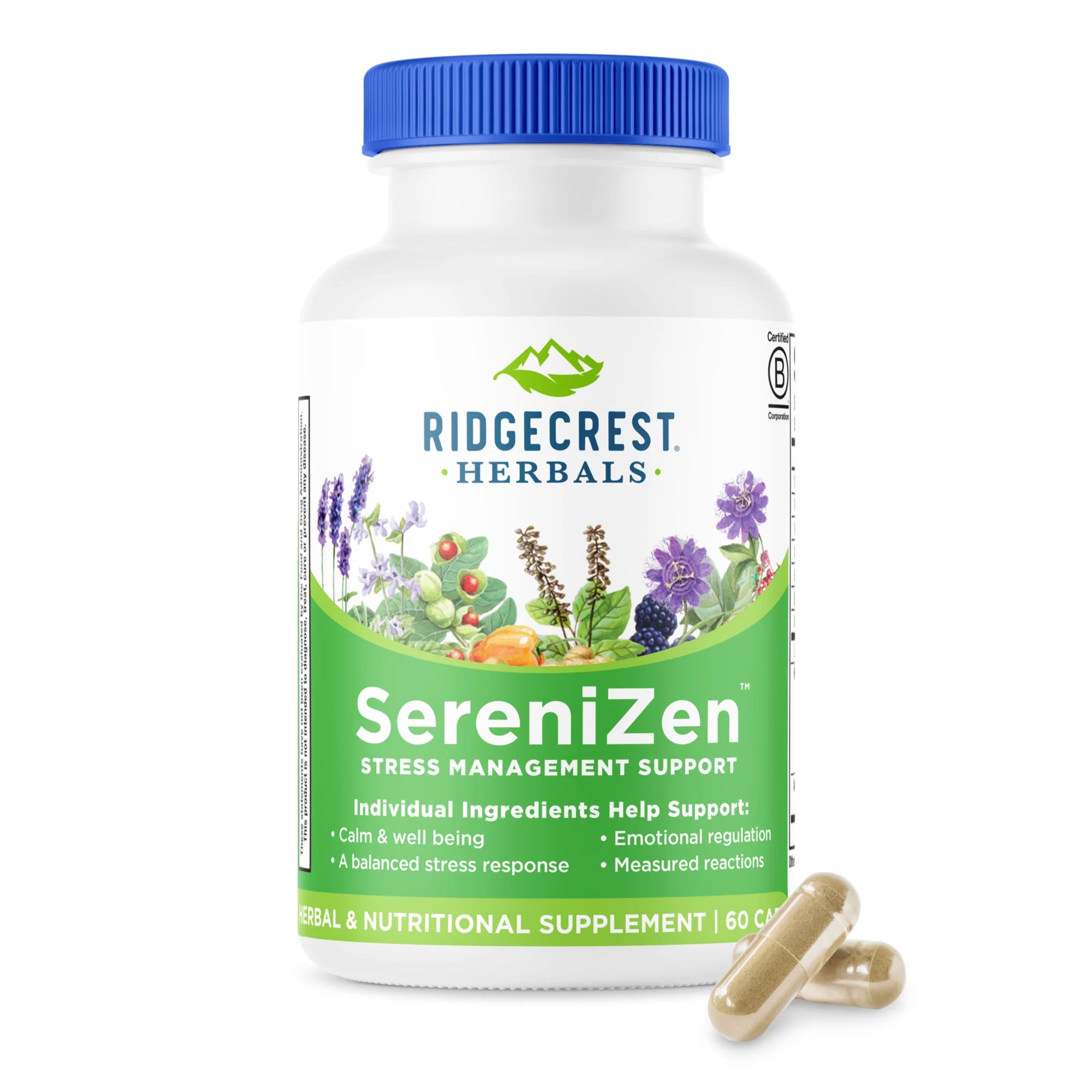
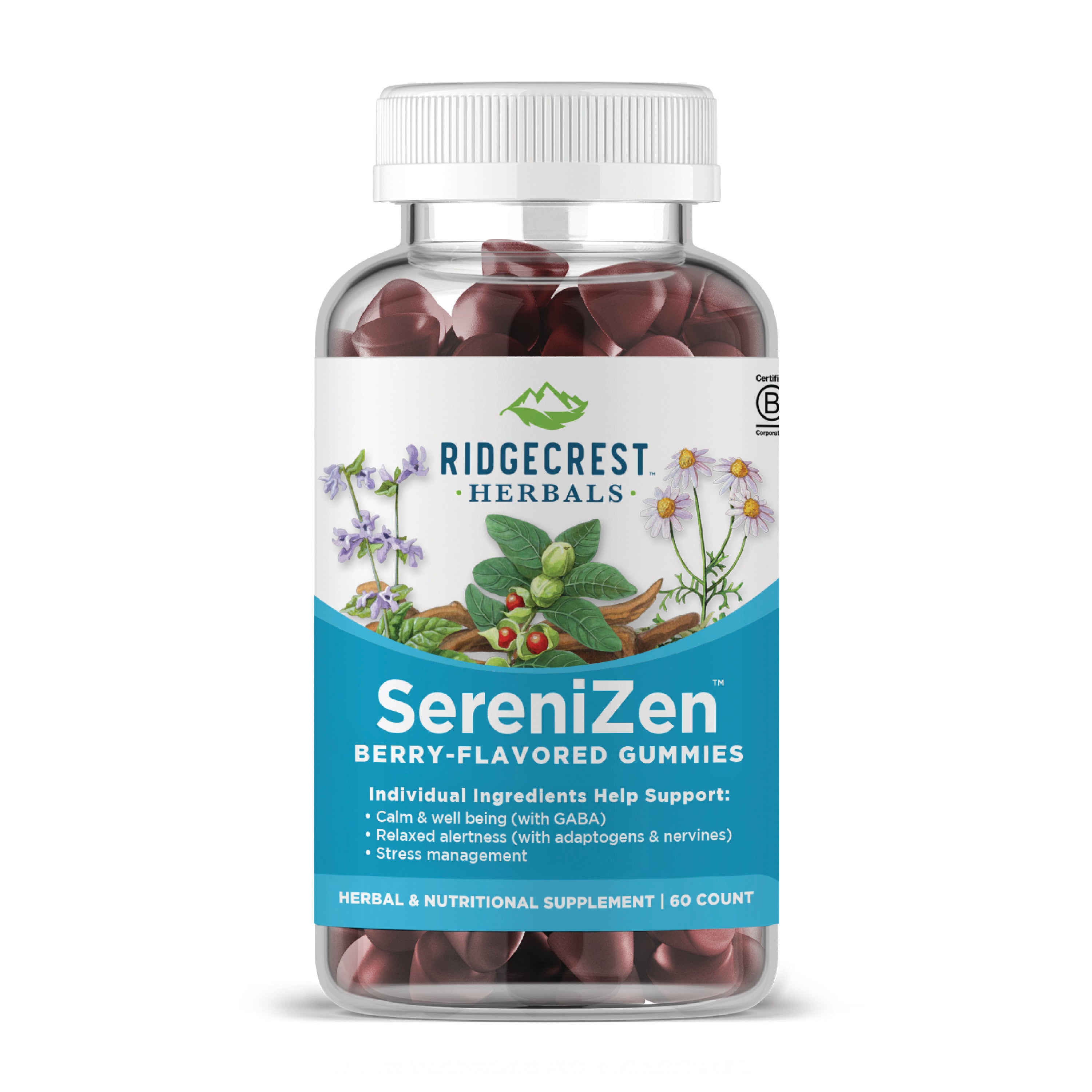
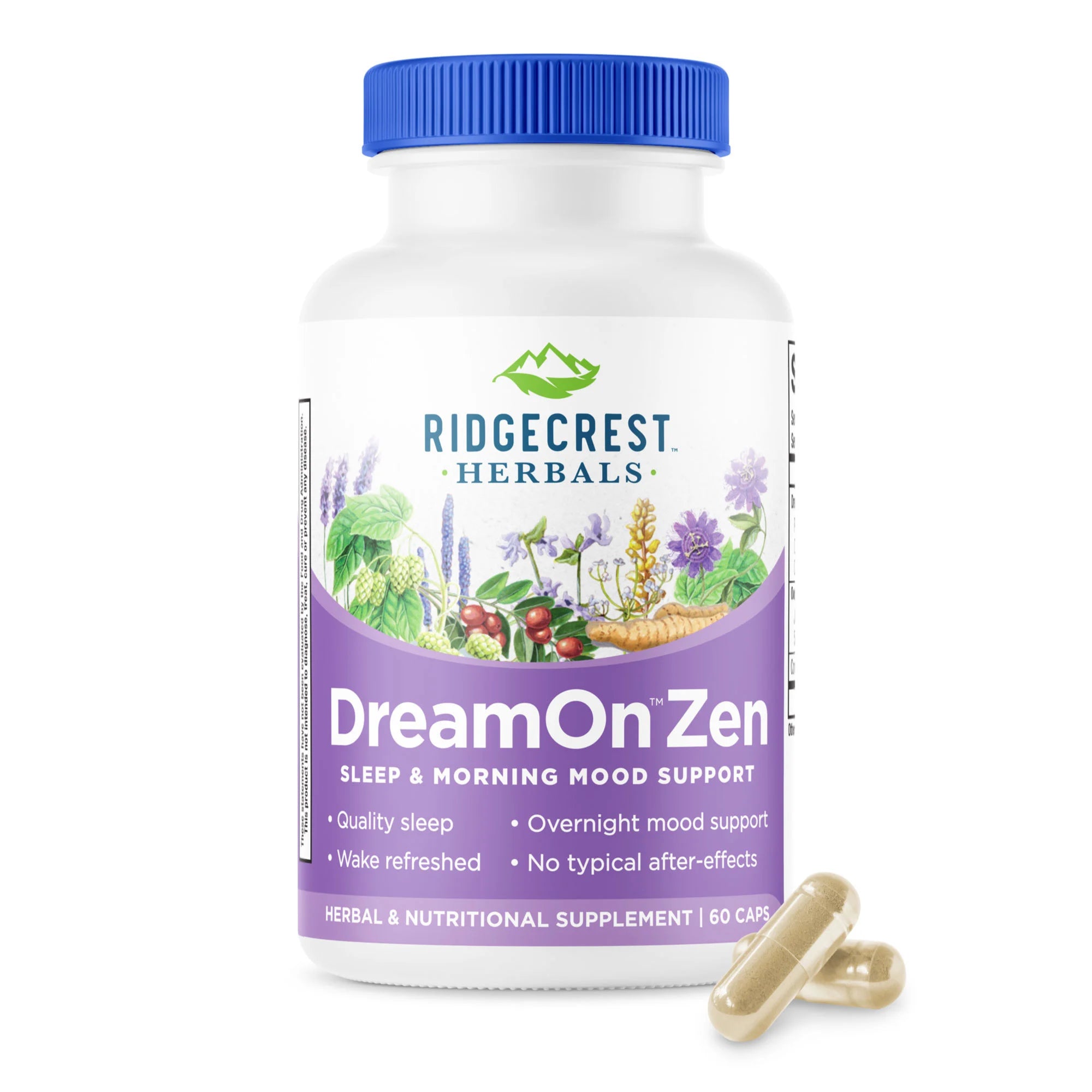
Leave a comment
All comments are moderated before being published.
This site is protected by hCaptcha and the hCaptcha Privacy Policy and Terms of Service apply.